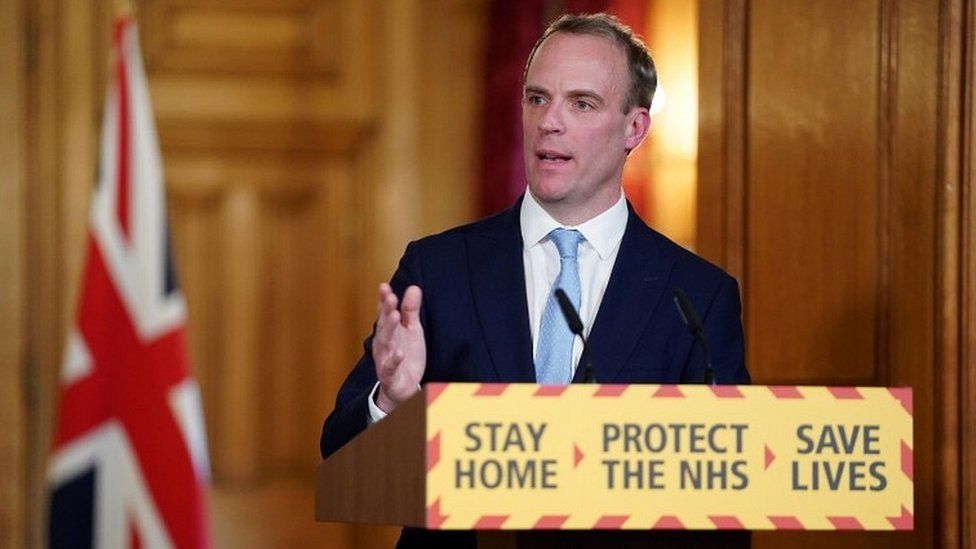| Auteur | |
|---|---|
| geemong | 09 Oct 2021 - 07:17:30 |
| 215 Posts |
Coronavirus: Why do we talk about 'fighting' illness? Being tough - or a fighter - is often said to be an asset when someone has a serious illness, such as coronavirus, but is this sort of language helpful or misleading? Bet sizes are set using the "Bet size SLOTXO " option. The bet amount is set using the "Wager amount" option. "I'm confident he'll pull through," said Dominic Raab, as he addressed the nation following Boris Johnson being taken into intensive care, "because if there's one thing I know about this prime minister, he's a fighter". The foreign secretary, Mr Johnson's de facto deputy as prime minister, has come in for criticism for his choice of language. It's not possible for a patient to "fight" a virus, as if it is a visible, human adversary, it's argued - that's the job of technology and medics. And, if someone succumbs to it, does this mean they have lost their "battle"? Angharad Rudkin, a clinical psychologist at the University of Southampton, feels Mr Raab's critics have a point. "'Battle terminology' is most helpful when people are fully in control of outcomes when in a challenging or adverse situation," she says. "For example, 'battling' through work or 'battling' your way through the traffic. It becomes less helpful when a person has little control over the outcome." With coronavirus, unlike military conflict, the enemy is invisible and inside people. Instead of taking up arms, the public is being asked to undergo the tedium and privations of self-isolation and social distancing to prevent its spread. |

